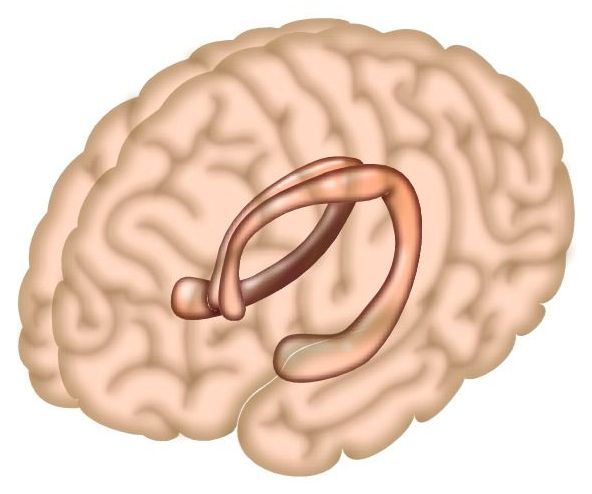Two regions of our brain are central for storing memories: the hippocampus and the neocortex. While the hippocampus is primarily responsible for learning new information and its short-term storage, the neocortex is able to store large amounts of information for a long time. Lea Himmer, Dr. Monika Schönauer and Professor Steffen Gais of the Institute of Medical Psychology at the University of Tübingen and their team investigated how these brain areas interact during the consolidation of new memories and which role sleep plays in that process. The team of researchers used functional neuroimaging to show that repeated rehearsal can lead to the establishment of memory traces in the neocortex within a short timeframe. However, these traces are only sufficiently stable if a sleep phase follows learning – otherwise the brain continuously needs to call on the hippocampus to help with long-term storage of new memories. The new study is published in Science Advances.
In this new study, the researchers had their participants study a list of words, which was repeated seven times. While they conducted this task, their brain activity was recorded by an MRI scanner. Twelve hours later, the participants repeated the task with the learned words and a new word list. Half of the subjects had slept in the meantime, while the other half had remained awake. Repeated practice led to increased involvement of the posterior parietal cortex, a region of the neocortex, within an hour. At the same time, the hippocampus became less and less engaged in the process.
